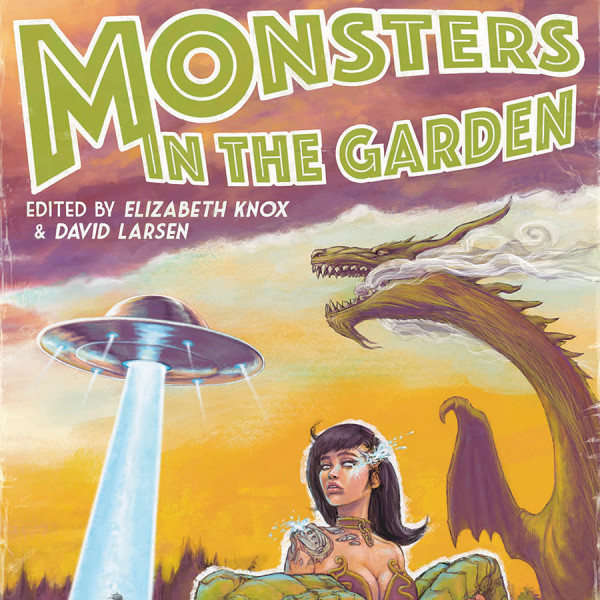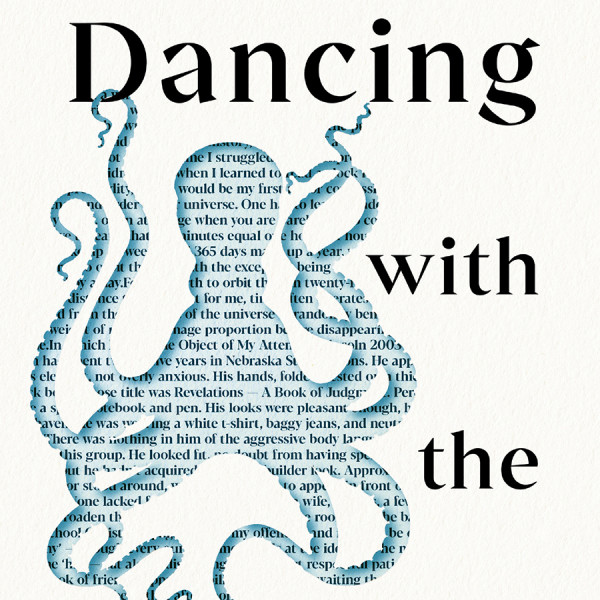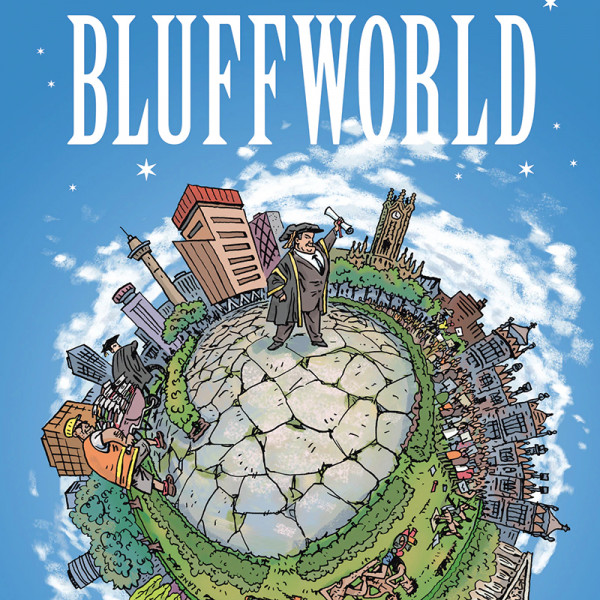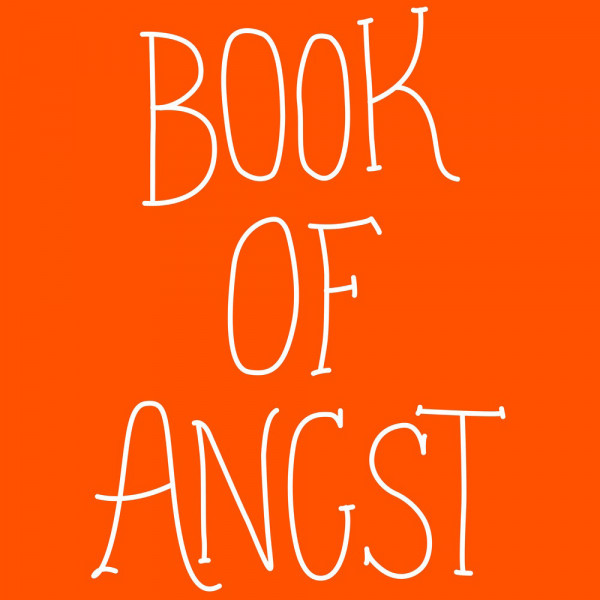
The Mermaid’s Purse
Written by: Fleur Adcock
Victoria University Press
Reviewed by: Alessia Belsito-Riera
Fleur Adcock’s poetry left me simply wanting more. The Mermaid’s Purse is imbued with a sense of magical realism. As the reader winds their way through the twists and turns of Adcock’s mind we encounter her memories; meet old friends, attend shows, dinner parties, travel to distant lands while bats and birds fly overhead. The Mermaid’s Purse focuses on memory, tinged with a hint of nostalgia as death, and the predestiny of ageing, dance along the fringes of her poems.
Adcock’s poetry feels like a moment in time, as if she has pulled back the veil shrouding a distant remembrance, and captures the impression of a bygone moment. The Little Theatre Club and In the Cupboard address how a moment is in fact remembered. The latter uses items to evoke a story, the former directly inquires: “how will you remember, my young dears?” Adcock in this particular instance remembers the moment simply through a pair of apple-green tights. Her poems are transient, each one feels like a memory in and of itself.
Many of Adcock’s poems seem to be more about the feeling they evoke rather than the actual subject. Giza for example is not truly about her dress, rather about the memory the dress conjures. Similarly, Porridge tackles grief at the loss of our poet’s friend, using his Pyrex dish as a metonymy for his memory. Perhaps my favourite poem in The Mermaid’s Purse is House, which paints a home through memory, sunsets, kauri flooring, a pōhutukawa planted over the daughter’s umbilical cord, only to conclusively “melt” the house into mere money as the children sell it. Endings seem both a choice and inevitable.
This kind of worldbuilding is almost always reduced to an anticlimax in many of Adcock’s poems, making her collection transformative, circular, and self-aware. Perhaps this tactic is intended to mimic the burden of ageing, something Adcock seems to be reckoning with in her poetry as her words gracefully and rawly wrestle with the inevitable expiration date that is death.











